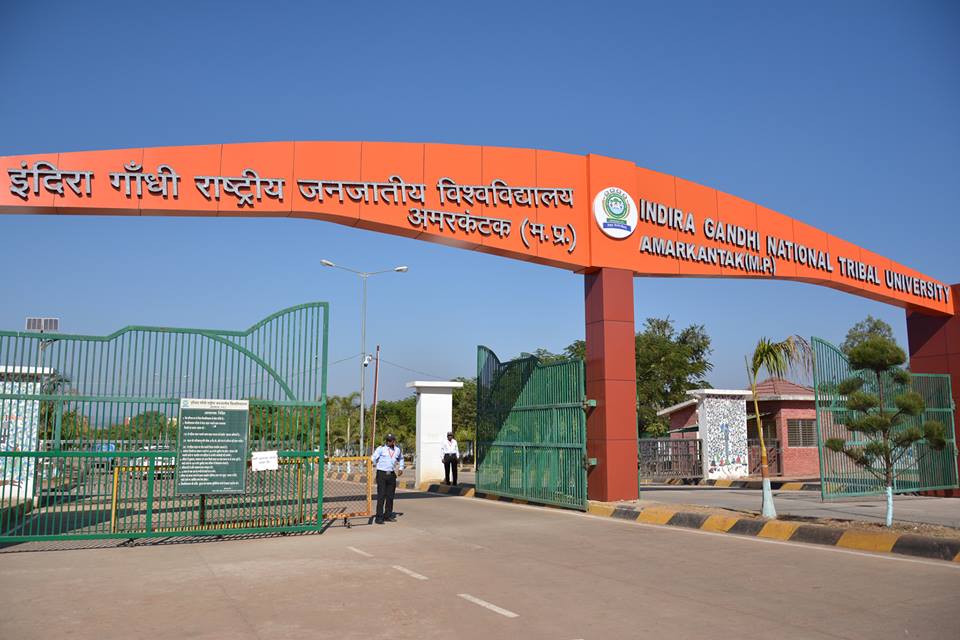London, 04 March 2021: In the eleventh edition of the QS World University Rankings by Subject, to be released on March 4th by global higher education consultancy QS Quacquarelli Symonds, 12 leading Indian universities & higher education institutions have achieved top-100 positions in their subject. In total, 25 Indian programs achieve top-100 positions – one fewer than in 2020’s edition of the tables.
The 2021 instalment of QS’s global university performance comparison offers independent data on the performance of 253 programs at 52 Indian higher education institutions, across 51 academic disciplines. QS also find that:
- Two Institutes of Eminence achieve top-50 ranks for Mineral and Mining Engineering: IIT Bombay (41st, no change) and IIT Kharagpur (44th, up two places). These are the highest ranks achieved by the public Institutes of Eminence across this year’s Subject Rankings.
- IISc Bangalore retains top-100 ranks for Materials Science (78th) and Chemistry (93rd).
- IIT Delhi is ranked in 13 subject tables. It achieves top-100 ranks in Electrical & Electronic Engineering (54th, down from 49th in 2020), Computer Science (70th), and Mechanical Engineering (79th).
- Two Indian varsities achieve top-100 ranks for Business and Management:
The public Institutions of Eminence remain significantly better-represented in the QS World University Rankings than the private ones. Of the ten private universities selected as Institutions of Eminence, six institutions have made it to the subject rankings, and records some positive results:
- P. Jindal Global University has entered the global top-100 for Law: it now places 76th. This is the only top-100 result achieved by a private Institute of Eminence.
- Birla Institute of Technology and Science has entered the rankings for Pharmacy & Pharmacology, placing in the 151-200 band. It has also entered the rankings for Mathematics (451-500 band) and Business & Management Studies (451-500 band).
- Jamia Hamdard has entered the top-150 for Pharmacy & Pharmacology (101-150).
- Manipal Academy of Higher Education has entered the top-200 for Pharmacy & Pharmacology (151-200).
- Vellore Institute of Technology has broken into the top 300 for Electrical and Electronic Engineering (251-300 band).
QS also note that India remains at the forefront of global Environmental Science research. Data from QS’s research partners at Elsevier, which contributes to the QS World University Rankings by Subject, indicates that India ranks 5th in terms of its research footprint in this field – behind only Germany, China, the United Kingdom, and the United States. Reflecting these contributions, six Indian universities are featured in QS’s Environmental Sciences ranking, with IIT Bombay and IIT Kharagpur (151-200) attaining top-200 positions, and IIT Guwahati newly-ranked this year (401-250 band). IIT Kharagpur’s performance in this discipline has improved over the past year, having risen from the 201-250 band.
Ben Sowter, Senior Vice President of Professional Services at QS, said: “One of the biggest challenges faced by India is educational – providing high-quality tertiary education in the face of exploding demand: this much was recognized by last year’s NEP, which set the ambitious target of a 50% gross enrolment ratio by 2035. It should therefore be small cause for concern that the number of Indian programs featuring across our 51 subject rankings has actually decreased over the last year – from 235 to 233. While this is a minor decrease, it is indicative of the fact that expanding provision in a way that does not sacrifice quality remains a highly-challenging task. However, QS also note that a number of programs at India’s privately-run prospective Institutions of Eminence have made progress this year, demonstrating the positive role that well-regulated private provision can have in enhancing India’s higher education sector.”
“These rankings serve to showcase India’s aspirations and ability to fulfil them. This is a historic moment for India to acknowledge, appreciate and encourage its world-class institutions that have made a mark at the highest level in these ranking. This has been a long-cherished aspiration and desire that the Hon’ble Prime Minister of India, Shri Narendra Modi and the Hon’ble Union Minister for Education, Shri Ramesh Pokhriyal ‘Nishank’ have articulated on numerous occasions. The National Education Policy 2020 has also underscored India’s aspiration to build world-class universities.”
The rankings, compiled by global higher education analysts QS Quacquarelli Symonds, provide independent comparative analysis on the performance of 14,435 individual university programs, taken by students at 1452 universities which can be found in 86 locations across the world, across 51 academic disciplines and five broad Faculty Areas.[1] They are part of the annual QS World University Rankings portfolio, which was consulted over 147 million times in 2020, and covered 98,000 times by media and institutions.









